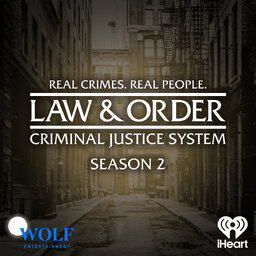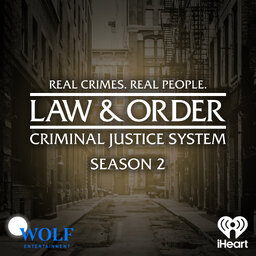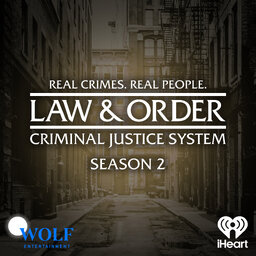S1 E6: Unraveling the Commission
Law & Order: Criminal Justice System - Season 1 & Season 2
Season Two Out Now. Law & Order: Criminal Justice System tells the real stories behind the landmark cases that have shaped how the most dangerous and …26 clip(s)
Loading playlist
The prosecution presents extensive evidence and tackles the defense’s strategies, aiming to expose the criminal conspiracy at the heart of the Mafia’s operations.
Law & Order: Criminal Justice System - Season 1 & Season 2
Season Two Out Now. Law & Order: Criminal Justice System tells the real stories behind the landmark …Social links
Follow podcast
Recent clips

S2 BONUS: Missing Pieces
33:58

S2 BONUS: The Psychology of Terrorism with Arie Kruglanski
39:04

S2 E10: Lone Wolf
54:00
 Law & Order: Criminal Justice System - Season 1 & Season 2
Law & Order: Criminal Justice System - Season 1 & Season 2